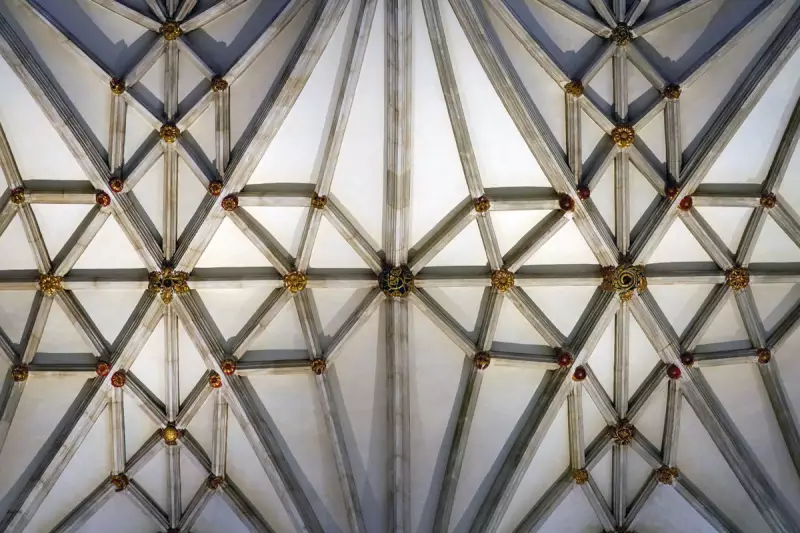
The Church of England finds itself under formal investigation by the Charity Commission over its ambitious £100 million fundraising initiative intended to address its historical connections to the transatlantic slave trade.
The probe was launched following a detailed complaint from a former adviser, who raised serious concerns about the fund's governance and financial transparency. This development represents a significant challenge for the institution as it attempts to confront uncomfortable aspects of its past.
Questions Over Fund Structure and Management
According to documents obtained by Channel 4 News, the investigation centres on whether the Church's fundraising activities comply with charity law regulations. The fund, announced with considerable fanfare in January 2023, was positioned as a nine-year programme aimed at supporting communities affected by historical slavery.
Former adviser Tim Thorlby expressed particular concern about the establishment of a limited company to manage the funds, suggesting this structure might circumvent standard charity governance requirements. "There are questions about whether charity law is being properly followed," Thorlby stated in his complaint.
Winchester College Connection Under Spotlight
The investigation has also brought attention to the Church's relationship with Winchester College, which received significant funding from historical slavery profits. Documents reveal that the prestigious institution received the equivalent of millions in today's money from a fund connected to slave-owning bishop George Morley.
Despite this historical connection, Winchester College has not contributed financially to the Church's reparations fund, though it has developed its own programme focused on diversity initiatives and scholarships.
Church Defends Its Approach
A spokesperson for the Church of England maintained that the institution has followed proper legal and charitable guidelines throughout the process. "We have taken expert legal advice throughout the development of the fund and are confident we have complied with all legal requirements," the statement read.
The Church emphasised its commitment to transparency and acknowledged the need to address historical wrongs, while cooperating fully with the Charity Commission's inquiry.
The outcome of this investigation could have far-reaching implications for how British institutions address historical injustices and structure their reparations programmes moving forward.





